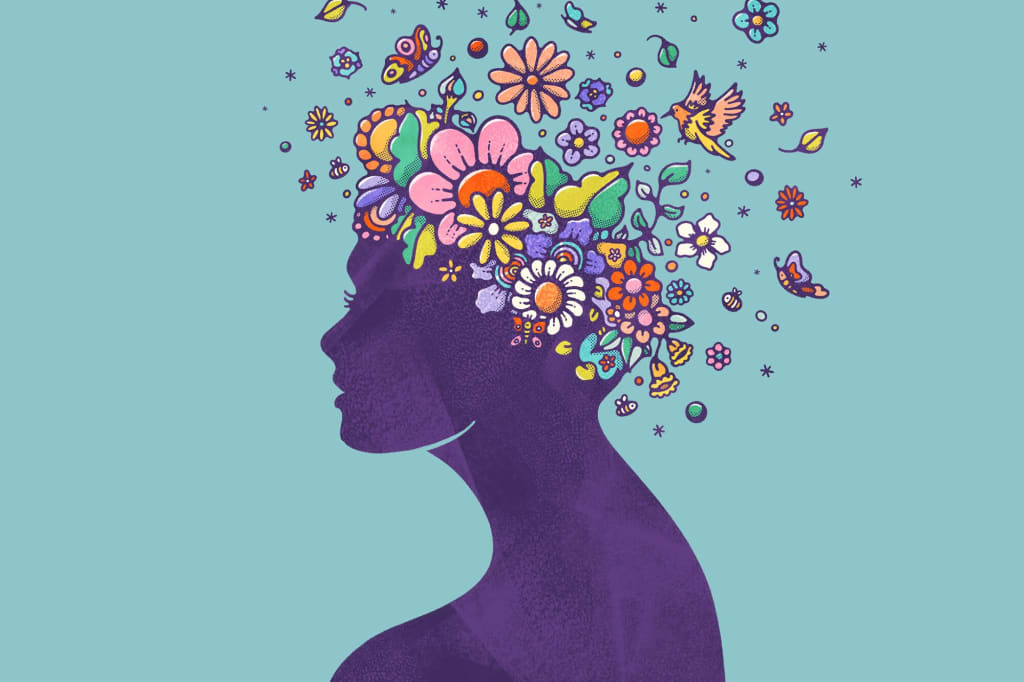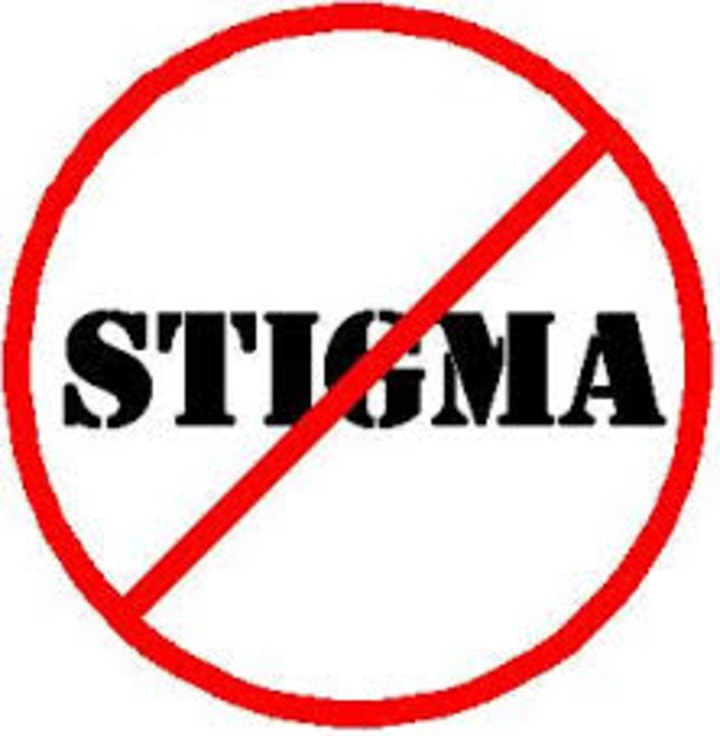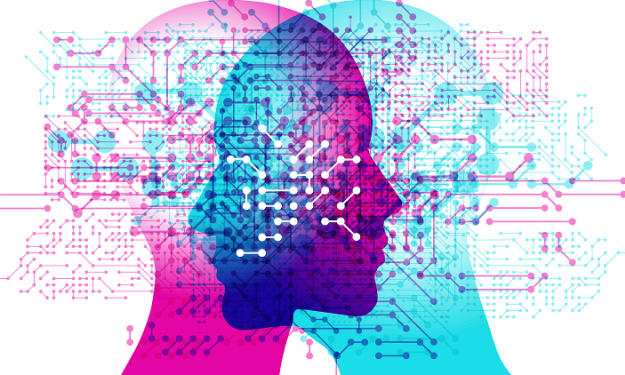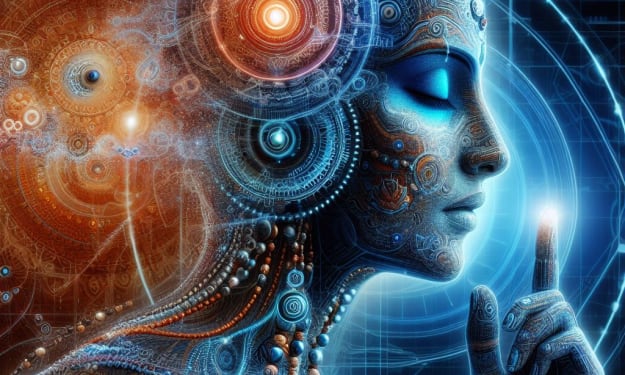Breaking the Chains of Social Stigmas: Embracing Understanding and Compassion
-Nicholas Reese

Social stigmas are pervasive in society and have far-reaching effects on individuals and communities. They create barriers, perpetuate stereotypes, and foster discrimination against certain groups or individuals based on characteristics such as race, gender, sexuality, mental health, and more. This essay explores the detrimental impact of social stigmas and emphasizes the importance of challenging and dismantling these stigmas to promote a more inclusive and empathetic society.
Understanding Social Stigmas:
Social stigmas are deeply ingrained beliefs and stereotypes that attach negative judgments to individuals or groups based on specific attributes or identities. These stigmas can manifest in various forms, such as racism, sexism, homophobia, abilities, and mental health stigma. They contribute to social inequality, marginalization, and the perpetuation of harmful biases.

Effects of Social Stigmas:
a. Emotional and Psychological Impact:
Social stigmas can have severe emotional and psychological consequences for individuals who are targeted. They can lead to feelings of shame, self-doubt, low self-esteem, and even mental health issues. The fear of judgment and rejection often prevents individuals from seeking support and reaching their full potential.
b. Social Exclusion and Discrimination:
Stigmas create divisions within society, leading to social exclusion and discrimination. Individuals who are stigmatized often face prejudice, unfair treatment, and limited opportunities in various aspects of life, including education, employment, healthcare, and housing. This perpetuates systemic inequalities and hinders social progress.
c. Barriers to Seeking Help:
Stigmas surrounding mental health, addiction, and other sensitive issues often discourage individuals from seeking the help they need. The fear of being labeled or judged prevents them from accessing support networks, treatment, and resources, exacerbating their challenges and hindering recovery.
Challenging Social Stigmas:
a. Education and Awareness:
Promoting education and raising awareness about social stigmas is crucial in challenging and dismantling them. By providing accurate information, dispelling myths, and fostering empathy, society can foster a more understanding and inclusive environment. Education empowers individuals to challenge their own biases and actively work towards dismantling stigmas.
b. Encouraging Open Dialogue:
Creating spaces for open and respectful dialogue is essential for challenging social stigmas. By facilitating conversations that encourage different perspectives and experiences, we can promote understanding and empathy. Encouraging individuals to share their stories and lived experiences helps break down stereotypes and humanizes those who have been stigmatized.
c. Media Representation:
The media plays a significant role in shaping societal perceptions and attitudes. Promoting diverse and authentic representations in media can challenge stereotypes and stigmas. By showcasing positive and accurate portrayals of marginalized communities, the media can contribute to a more inclusive and accepting society.
d. Advocacy and Support:
Advocacy plays a vital role in combating social stigmas. Organizations and individuals can advocate for policy changes, equal rights, and access to resources for marginalized groups. Providing support networks, safe spaces, and resources for those who have experienced stigmas is crucial in fostering resilience and empowerment.
Building Empathy and Compassion:
Developing empathy and compassion is fundamental in challenging social stigmas. By actively listening to others, seeking to understand their experiences, and practicing empathy, individuals can break down the walls that perpetuate stereotypes and discrimination. Small acts of kindness and compassion can create a ripple effect that fosters a more inclusive and supportive society.

Social stigmas create deep divisions within society and perpetuate discrimination and inequality. However, by understanding the impact of these stigmas, challenging them through education, awareness, dialogue, and advocacy, we can foster a more inclusive and empathetic society. Breaking the chains of social stigmas requires collective effort, but the rewards are immense—equality, acceptance, and the freedom for individuals to live authentically and without fear of judgment. Let us strive to dismantle social stigmas, embrace understanding and compassion, and work together towards a world where every individual is valued, respected, and included.
About the Creator
Enjoyed the story? Support the Creator.
Subscribe for free to receive all their stories in your feed. You could also pledge your support or give them a one-off tip, letting them know you appreciate their work.





Comments
There are no comments for this story
Be the first to respond and start the conversation.